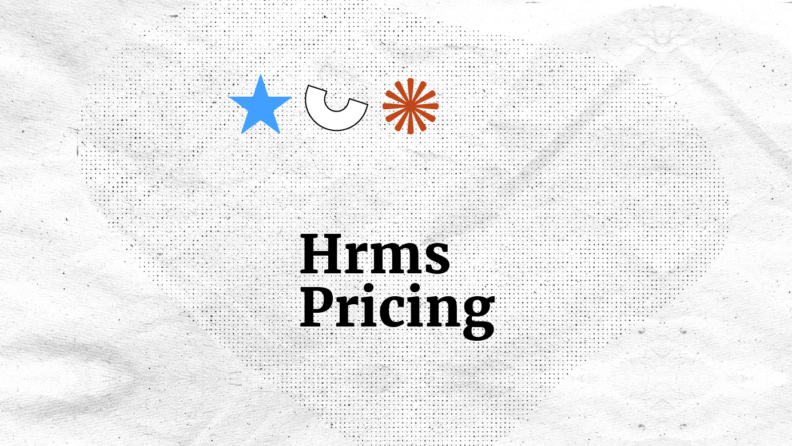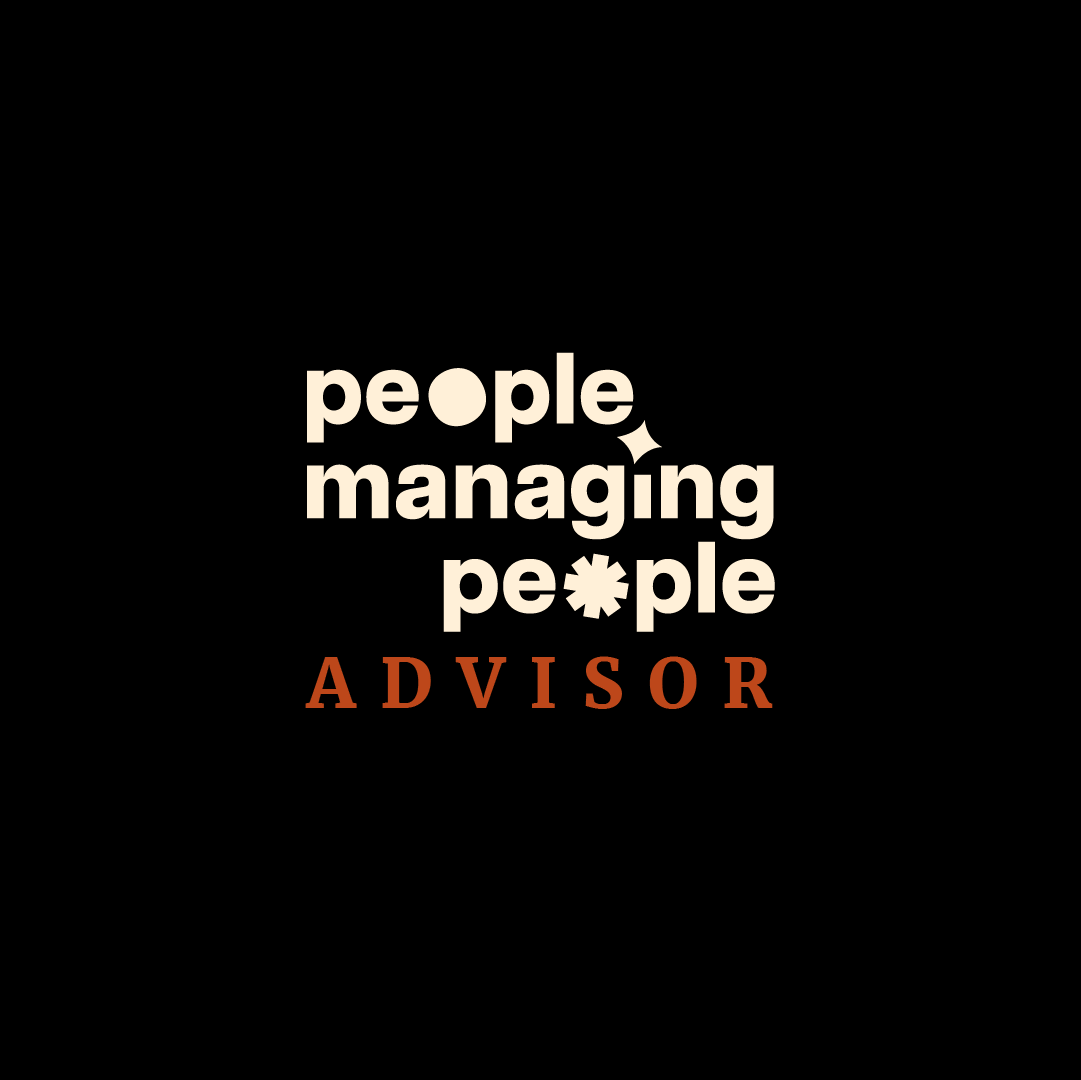Navigating the cost of HRMS software can be tricky. Pricing often feels like a puzzle with complex tiers, feature gating, and scarce public info.
This guide is for buyers, finance leads, or department heads like you, tasked with budgeting or procurement.
I’ll break down typical cost ranges, pricing models, and potential hidden fees. You’ll also get tips on evaluating ROI to make sure you’re making a smart investment.
How Much Does AN HRMS Cost?
HRMS solutions generally cost $5 to $17 per employee per month. They often use a per-user pricing model, and you might encounter both monthly and annual contracts.
The cost is typically lower for small to medium-sized businesses, while enterprise solutions might require more advanced features, driving up the price.
HRMS Pricing Models
HRMS solutions typically use a subscription-based pricing model where you pay per employee per month. Other models might include one-time license fees or open-source options that require no upfront payment.
Here's a summary of the different pricing models you might encounter:
| Pricing Model | How it Works |
| Subscription-Based | You pay a recurring fee, often monthly or annually, based on the number of users. |
| Open-Source | The software is free to use, but you might pay for support or additional features. |
| Perpetual License | You pay a one-time fee for indefinite use, though updates may cost extra. |
| Tiered Plans | Pricing varies based on features and company size; more features cost more. |
| Custom Pricing | Pricing is tailored to your company's specific needs, often requiring negotiation. |
Average Cost of HRMS
Here's a breakdown of the average costs for different pricing tiers of HRMS:
| Plan Type | Average Price | Common Features |
| Free Plan | $0 | Basic employee database, limited reporting, and email support. |
| Personal Plan | $5-$15/user/month | Employee self-service, basic reporting, and email and chat support. |
| Business Plan | $20-$35/user/month | Performance management, time tracking, and analytics dashboards. |
| Enterprise Plan | $50+/user/month | Custom workflows, advanced analytics, and dedicated account management. |
What Factors Influence HRMS Pricing?
When choosing HRMS, consider the number of employees, contractor support, and tax filing fees since these can affect your budget significantly. Here’s a breakdown of factors that influence the cost:
| Factor | How It Affects Pricing |
| Number of Employees | More employees mean higher costs; typically, you might see an increase of $5-$10 per user per month. |
| Contractor Support | Adding contractors can incur additional fees, often around $2-$5 per contractor monthly. |
| Tax Filing Fees | Services that handle tax filings may charge extra, sometimes $50-$200 annually depending on the complexity and number of filings. |
| Integration Options | Connecting HRMS with other systems like payroll or benefits platforms may add $100-$500 to setup costs, depending on integration complexity. |
| Support and Training | Personalized support or training sessions can add $50-$200 per session, impacting your budget based on your team's needs. |
| Custom Features | Customizing features for specific business needs can escalate costs, potentially adding $500-$1000 based on the level of customization required. |
Additional HRMS Costs to Consider
Beyond the average price point of HRMS, here are some additional costs to consider in your search:
- Upfront Costs: When you first implement a new HRMS, you might face initial setup fees. These can include costs for software installation, specific modules, or any initial customization your team needs.
- Recurring Costs: Monthly or annual subscription fees can add up. Make sure you’re aware of any ongoing charges that come with updates, add-ons, or additional features you might add over time.
- Hidden Costs: Sometimes, fees aren’t obvious right away, like charges for exceeding data limits, integrating third-party API connections, or accessing premium support. It’s good to dig a little deeper to avoid surprises.
- Data Migration: Moving all your existing HR data into a new system can be costly. You might need to hire experts or use specialized tools to ensure everything transfers smoothly and securely—especially for complex employee management data.
- Training Costs: Don’t forget about the cost of training your staff to use the new HR software. This might mean hiring a trainer or paying for online courses to get everyone up to speed.
- Maintenance Costs: Regular maintenance is often necessary to keep the system running smoothly. This could mean paying for software updates, technical support, or managing automated notifications when things go wrong.
- Hardware and IT Infrastructure: Depending on your system, you might need to upgrade your IT setup. On-premise solutions, in particular, can require new computers, servers, or networking equipment to handle the HRMS efficiently.
Proving the ROI of HRMS
Understanding the value of HRMS can be challenging, especially when you're trying to get everyone on board. You might be juggling numbers, facts, and figures, all while trying to show how this HR solution can make everyone's life a bit easier.
Here are some tips to help you make a solid case:
- Understand Your Audience: Know what matters most to your stakeholders. Tailor your presentation to highlight the HRMS features that align with their priorities, whether automating capabilities or enhancing core HR processes.
- Use Data and Metrics: Gather statistics on how HRMS can improve efficiency. Present clear numbers on time saved and error reduction to make a compelling argument, especially compared to legacy ERP systems.
- Highlight Cost Savings: Break down how an HRMS can reduce costs in specific areas like payroll software processing. Show how it can eliminate redundant tasks and cut down on overtime expenses.
- Share Success Stories: Talk about other companies like yours that have succeeded with HRMS or HCM platforms. This can make your argument more relatable and convincing.
- Demonstrate Ease of Use: Provide a simple demo or a walkthrough. Showing how user-friendly the system is can alleviate fears about a difficult transition, especially with SaaS models offering intuitive interfaces.
- Focus on Compliance: Explain how an HRMS can help with compliance and reduce the risk of costly fines. This is a crucial point for decision-makers concerned with legal issues.
- Address IT Concerns: Be ready to discuss integration with existing systems. Show that an HRMS can work seamlessly with the current IT infrastructure, including payroll, performance, and talent management modules.
- Prepare for Objections: Anticipate questions and have answers ready. Whether it's about cost, time, or complexity, being prepared shows your commitment and readiness.
With these tips, you'll feel more confident in making your case for an HRMS, ready to highlight its benefits and address any concerns.
Questions to Ask Vendors During Pricing Demos
Demos are your team's best chance to clarify pricing, dig into what's included, and avoid surprises.
Come prepared with questions to make the most of this opportunity. You might also consider drafting an HRMS request for proposal to ensure you cover all bases. Here are some questions to ask during the demo:
- How is your pricing structured, and what are the main components?
- What features are included at each pricing tier, and which require upgrades?
- Are there any usage caps, and what happens if we exceed them?
- What are the fees for support and onboarding services?
- How do you handle billing frequency and renewal terms?
- Are there additional costs for integrating with other systems?
- What limits exist on the number of integrations we can use?
- How do you handle price changes during the contract term?
Tips for Negotiating HRMS Pricing
Pricing is often flexible, and being well-prepared can lead to better deals. Strong negotiation tactics can secure your team better pricing and contract terms without sacrificing functionality. Here are some tips to help you negotiate effectively:
- Benchmark Competitors: Research what competitors are paying for similar services. Use this info to negotiate a fair price with your vendor.
- Discount Opportunities: Ask about discounts for startups, nonprofits, or long-term commitments. Vendors often offer reduced rates for these cases.
- Pilot Programs: Inquire about pilot programs or phased rollout pricing. This lets you test the software without a full commitment, potentially at a lower cost.
- Renewal Clauses: Pay attention to renewal and lock-in clauses. Negotiate terms that allow flexibility and avoid automatic price increases.
Group Buying: Leverage group buying or procurement support if available. Collaborating with other departments or companies can lead to bulk discounts.
HRMS Pricing: Final Thoughts
When assessing HRMS pricing, looking beyond the initial sticker price is essential. Consider total implementation costs, including training, benefits administration, and reimbursements, which can significantly impact your budget.
Equally important is selecting a vendor that aligns with your organization’s HR needs and offers comprehensive support throughout the transition. I've seen companies choose lower-cost options, only to encounter delays due to limited assistance and a lack of onboarding resources such as templates and accessible FAQs.
Focus on solutions that address your team’s requirements without overpaying for unnecessary features. Be mindful of hidden fees, and prioritize systems that offer a balanced blend of cost-efficiency and functionality.
Methodology: We’ve been testing and reviewing HR management software since 2019. We’ve tested more than 2,000 tools for different HR management use cases and written over 1,000 comprehensive software reviews. Our pricing guides and software reviews are backed by extensive research and data from a large number of software vendors, users, and testers.
Disclaimer: As researchers and independent reviewers, our aim is to share information on typical software pricing structures to help our readers contextualize their purchase decisions. We are not providing financial advice, and encourage you to consult with a financial specialist as needed for your unique business case.
What’s Next:
If you're in the process of researching HRMS pricing, connect with a SoftwareSelect advisor for free recommendations.
You fill out a form and have a quick chat where they get into the specifics of your needs. Then you'll get a shortlist of software to review. They'll even support you through the entire buying process, including price negotiations.


